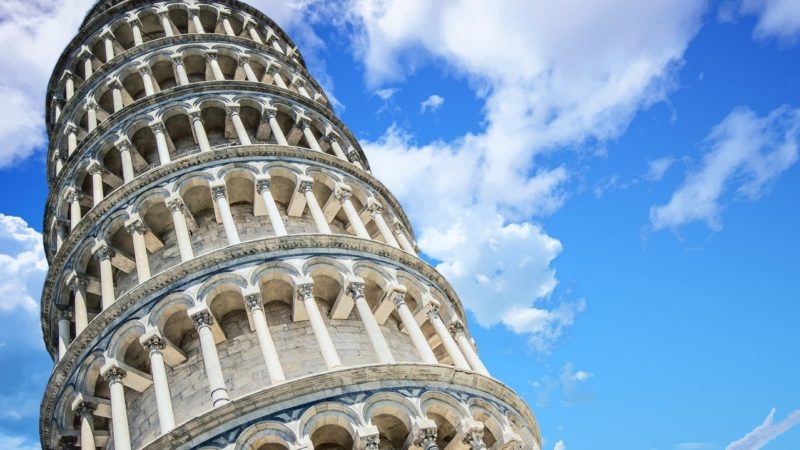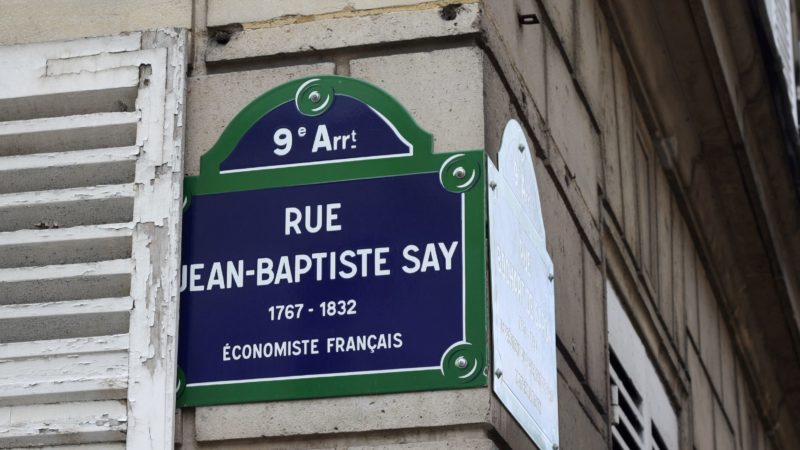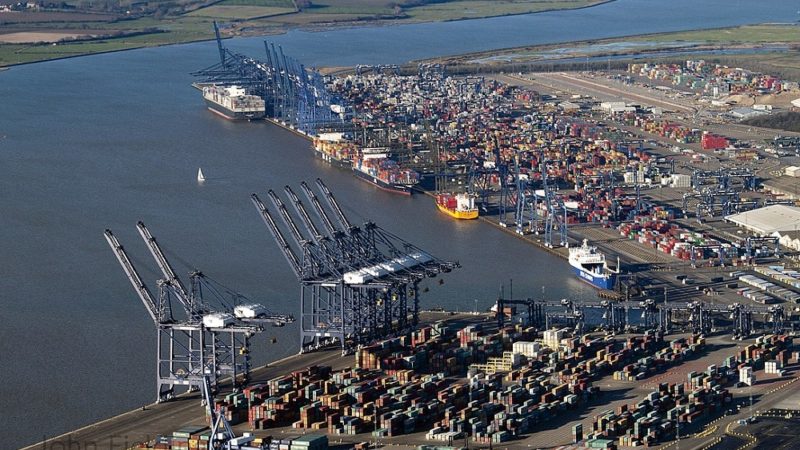For Eurozone Countries, the Problem Is Not So Much the Coronavirus, but Italy
The Italian people are hardworking, noble, and clever but held back by their own decadent institutions. With no end in sight, this mess hurts the entire European monetary union. It would be better for Italy and the other eurozone nations if Italy had an orderly departure from the euro.












